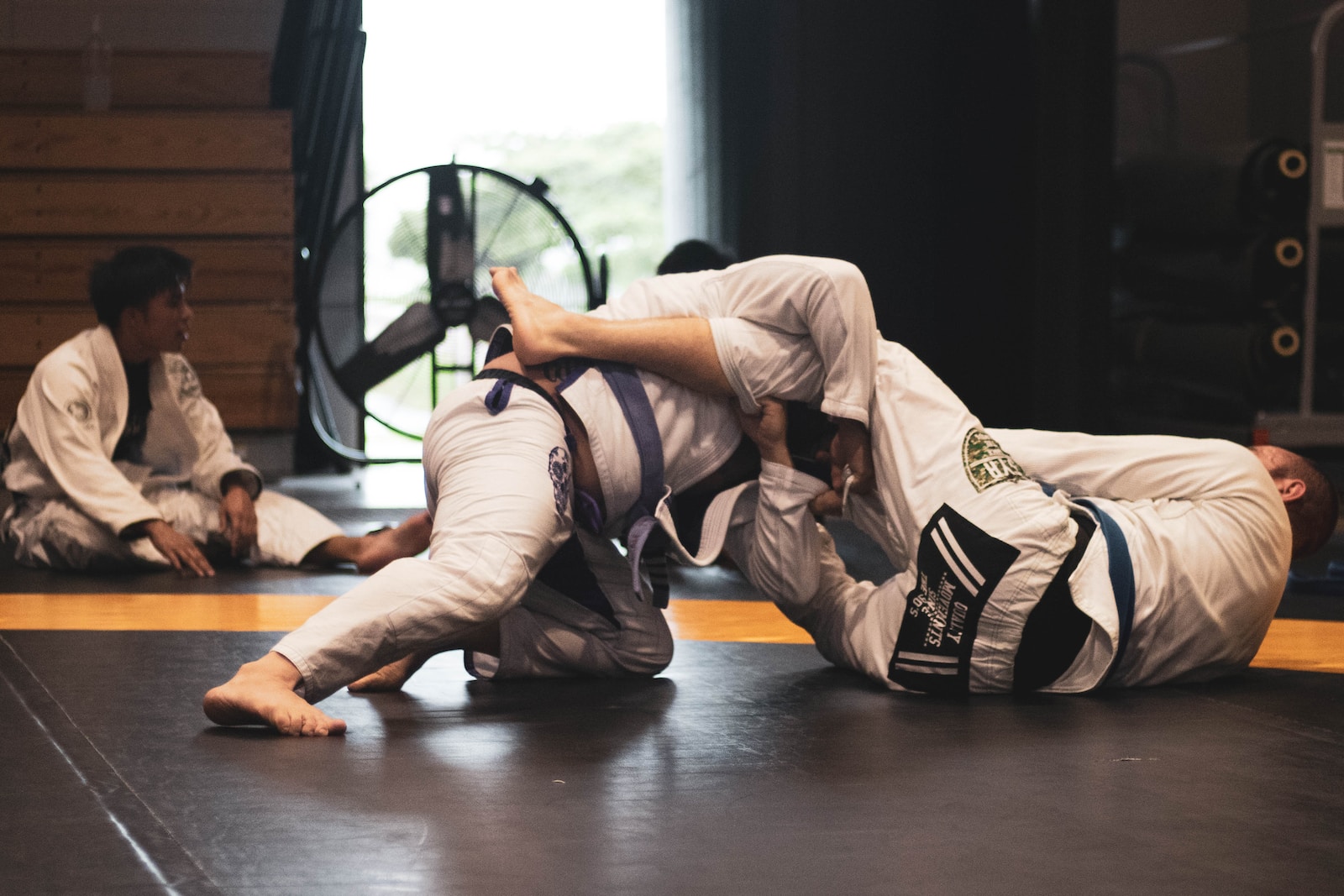Fostering Empowerment and Discipline: Unveiling the Benefits of Martial Arts Training
Martial arts are an ancient practice that has evolved over centuries, encompassing various disciplines and techniques. Beyond physical combat, martial arts training are an empowering journey that instills discipline, confidence, and mental fortitude. U.S.KuoShuAcademy – martial arts in Owings mills are a renowned institution that offers top-notch martial arts training, providing individuals with a holistic approach to self-defense and personal development.
I. Understanding Martial Arts
A. A Rich History
Origins of Martial Arts: Tracing the roots of martial arts back to ancient civilizations.
Cultural Influences: Exploring how different cultures have shaped various martial arts styles.
B. Diverse Disciplines
Striking Martial Arts: Introducing disciplines like karate, taekwondo, and kung fu.
Grappling Martial Arts: Exploring disciplines like judo, Brazilian jiu-jitsu, and wrestling.
II. The Physical Benefits of Martial Arts Training
A. Self-Defense Skills
Building Confidence: How martial arts training empowers individuals to protect themselves.
Effective Techniques: Highlighting practical self-defense moves taught in martial arts classes.
B. Improved Physical Fitness
Full-Body Workout: Discuss how martial arts training enhance strength, flexibility, and endurance.
Cardiovascular Health: The impact of martial arts on heart health and overall fitness.
III. The Mental and Emotional Benefits of Martial Arts Training
A. Discipline and Focus
Training Regimen: The importance of regular practice and consistent dedication.
Mental Clarity: How martial arts training cultivates focus and mindfulness.
B. Self-Confidence and Resilience
Overcoming Challenges: How martial arts help individuals develop a growth mindset.
Positive Self-Image: Discussing the boost in self-esteem achieved through martial arts accomplishments.
IV. The Spiritual Aspects of Martial Arts
A. The Philosophy of Martial Arts
The Way of the Warrior: Exploring the ethical principles guiding martial arts practitioners.
Inner Peace: How martial arts encourages a balance between physical and spiritual well-being.
B. Respect and Humility
Respect for Others: The emphasis on humility and mutual respect among martial artists.
The Role of the Instructor: How martial arts teachers foster a culture of concern within the dojo.
V. Martial Arts for Children
A. Building Character
Discipline in Children: How martial arts help kids develop discipline and focus.
Bullying Prevention: The role of martial arts in empowering children against bullies.
B. Personal Development
Confidence in Children: Discussing how martial arts nurture self-assurance and positive self-image.
Social Skills: The impact of martial arts training on children’s social interactions and teamwork.
VI. Martial Arts for Adults
A. Stress Relief and Mental Wellness
Mind-Body Connection: The mental health benefits of martial arts for adults.
Coping with Stress: How martial arts training can serve as a form of meditation and relaxation.
B. Lifelong Learning
Continual Growth: The concept of martial arts as a journey of constant improvement.
Physical Fitness for All Ages: The accessibility of martial arts training for adults of all fitness levels.
Conclusion
Martial arts training at U.S. Kuo Shu Academy in Owings Mills offer a transformative experience that extends beyond self-defense. From improved physical fitness to enhanced mental well-being, the benefits of martial arts are boundless. Whether pursued by children or adults, martial arts empower individuals with self-discipline, confidence, and a deeper understanding of themselves and their place in the world. Embrace the martial arts training journey and unlock the potential for self-empowerment and personal growth.

